
In an era where technological advancements often overshadow the human touch in healthcare, the growing challenge of staff shortages is shifting the focus back to the indispensable role of doctors, nurses, and their patients. As the medical field grapples with this pressing issue, innovative technologies like AI and robotics are emerging not as replacements, but as vital allies to human experts, designed to enhance diagnostics, treatments, and patient care. In our newsletter, we take a look at some of the most promising applications. Enjoy reading!
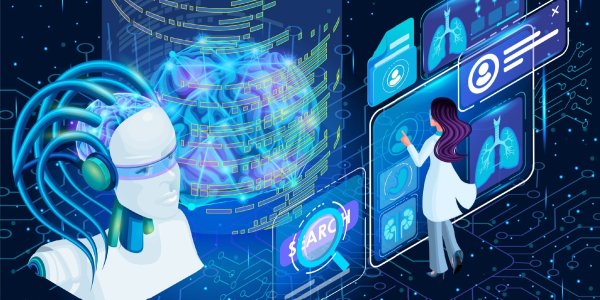
Article • From chatbot to medical assistant
Generative AI: prompt solutions for healthcare?
Anyone who has exchanged a few lines of dialogue with a large language model (LLM), will probably agree that generative AI is an impressive new breed of technology. LLMs show great potential in addressing some of the most urgent challenges in ...
 |
News • Study on productivity and qualityRobots in nursing homes help improve staff retention, patient careA new study on the future of work in nursing homes finds that robot use is associated with increased employment and staff retention, improved productivity and a higher quality of care. |
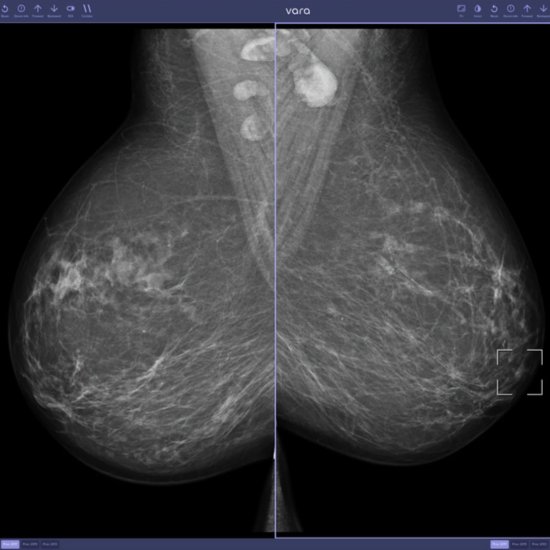 |
News • Results from the PRAIM studyMammography screening enhanced by AIImproved breast cancer detection, reduced workload for radiologists: The world’s largest prospective study on AI in Germany’s Mammography Screening Program reveals the technology's benefits. |
 |
News • Digital health competence educationSUSA: developing sustainable healthcare across Europe"This is a pivotal moment for European healthcare education," says project leader Minna Isomursu about the start of SUSA, a collaboration to advance sustainable practices in healthcare. |
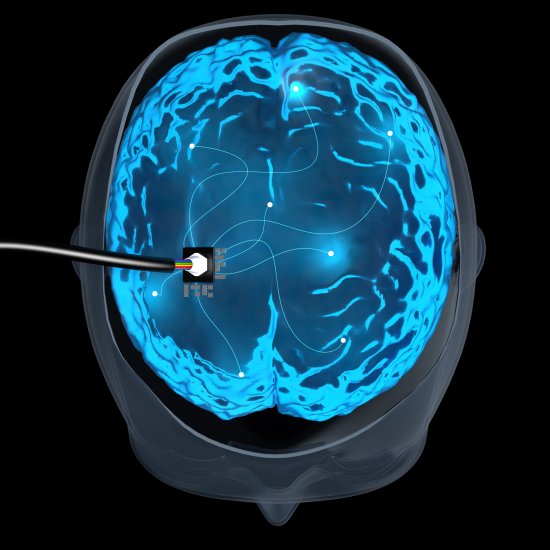 |
News • Neural implant degradationBuilding more durable implantable brain chipsNew insights on the degradation of implantable chips in the body could lead to enhanced longevity of the chips and better treatments for patients with Parkinson's or clinical depression. |
 |
News • Promising prototypeA “diagnostic wand” to detect oral cancerLiverpool physicists have developed a “diagnostic infrared wand” to more accurately predict the prognosis of oral cancer lesions than current H&E staining techniques. |
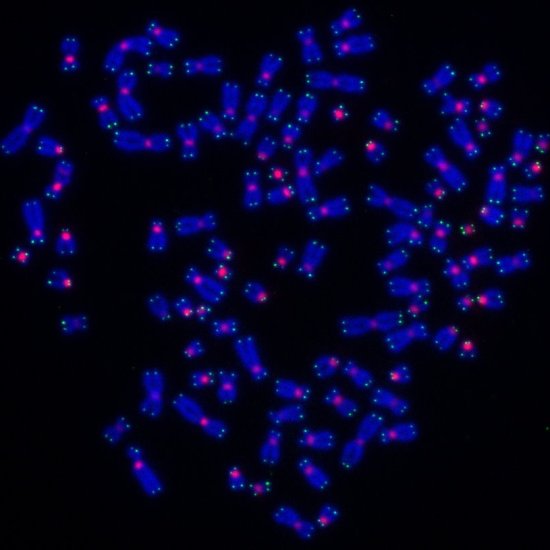 |
News • Surprising insightsResearch explains how tumor cells die after radiotherapyWhy does radiation therapy kill cancer cells from the same tumour in different ways? This has long remained poorly understood. Now, new findings open up opportunities to improve treatment. |
 |
News • Checkpoint inhibitor immunotherapy efficacyAI tool uses routine blood tests to predict cancer immunotherapy responseResearchers have developed an AI-based model to better predict whether cancer patients will benefit from immunotherapy — using only routine blood tests and clinical data. |
 |
News • Research on MRD in tongue cancerUnderstanding chemotherapy resistance in oral cancers using organoidsTongue cancer cells can become resistant to chemotherapy under certain circumstances. Investigating these mechanisms, researchers shed light on promising avenues toward new treatments for this cancer. |
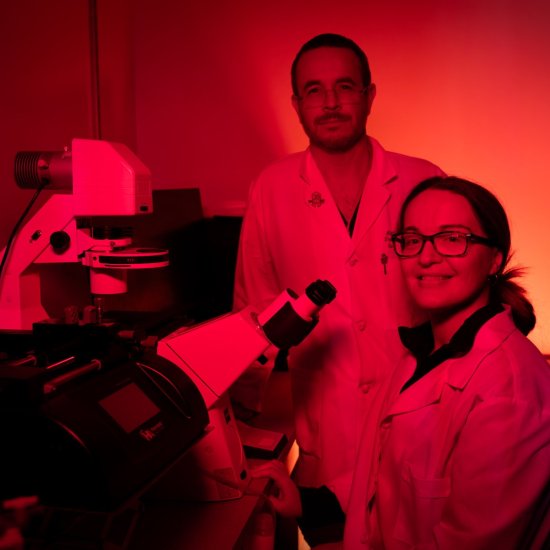 |
News • Long-wavelength exposureRed light linked to lowered blood clot riskLight can change biological processes and affect health. For example, new research finds that red light can lower rates of blood clots that can cause heart attacks, lung damage and strokes. |
You are receiving this email because you subscribed to our newsletter on healthcare-in-europe If you don’t want to receive this newsletter anymore, click here to unsubscribe. Keep up-to-date on the latest news from all hospital-related fields! Copyright © 2026 mgo fachverlage GmbH & Co. KG. E.-C.-Baumann-Straße 5, 95326 Kulmbach, Germany |